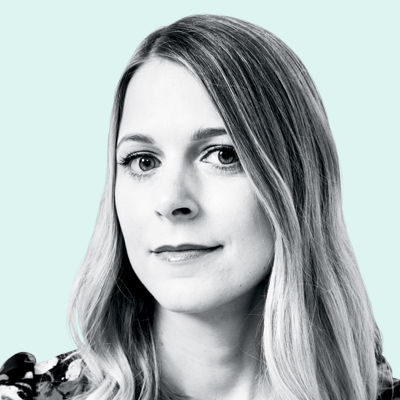Dove is one of the originators of femvertising—the practice of harnessing feminism or “girl power” in advertising. And there are certainly aspects of its iconic “Real Beauty” campaign that resonate. The company’s ads have tackled the culture’s focus on youth, how stereotypical ideas about beauty can undermine young girls’ confidence, and the gap between women’s self-perception and how others see them. Given that beauty industry has historically spent a lot of time making women feel bad about themselves, it’s refreshing to see any message of positivity and self-love.
But Dove took a wrong turn yesterday when it released its latest body wash bottles, which come in a variety of shapes to… well, I’ll let the company explain: “From curvaceous to slender, tall to petite, and whatever your skin colour, shoe size or hair type, beauty comes in a million different shapes and sizes. Our six exclusive bottle designs represent this diversity: just like women, we wanted to show that our iconic bottle can come in all shapes and sizes, too,” said Dove in a statement.
Sign up: Click here to subscribe to the Broadsheet, Fortune’s daily newsletter on the world’s most powerful women.
Not surprisingly, Twitter users had some fun with the new bottles. While the campaign isn’t a misfire on the scale of Pepsi’s recent “protest” commercial, it still feels silly at best, condescending at worst. I don’t know about you, but I have never felt oppressed by the shape of my toiletry bottles—and I do not appreciate a company that so oversimplifies the complicated issue of how our society views women’s bodies.
It’s a good reminder: Companies that use feminist themes in their ads may well buy into some of the messaging they use and can even help spread important ideas. But at the end of the day, they create those campaigns for one reason—to sell you their stuff.
A version of this post ran in the May 9th, 2017 edition of The Broadsheet, Fortune’s daily newsletter about the world’s most powerful women.
